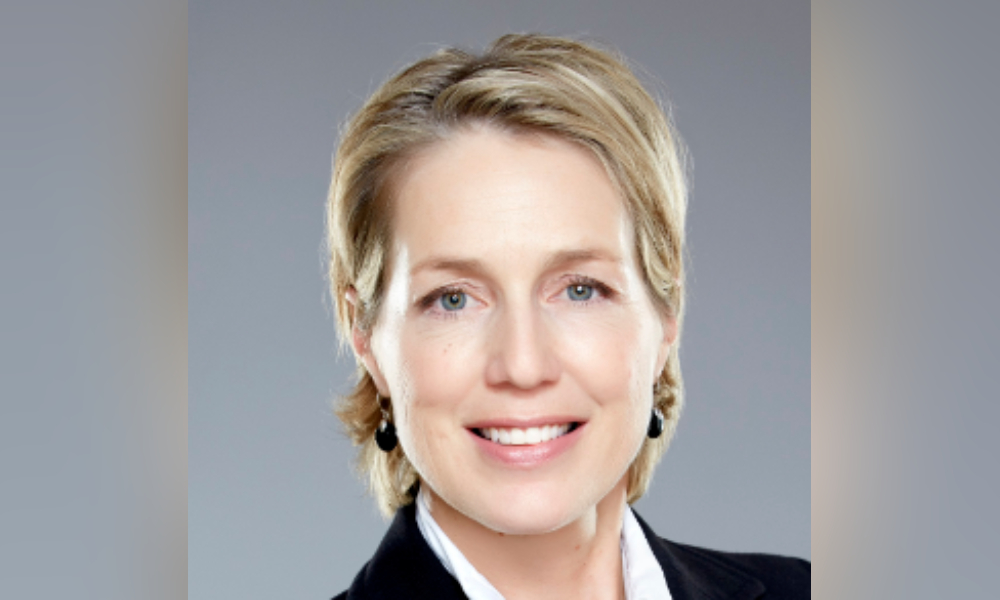
Lawyer and mediator Nathalie Boutet on helping families in an unpredictable economy

Divorce is a volatile and emotionally fraught task, whether in a global pandemic or not. When spouses are intertwined with shared businesses and investments, the value of which is being held down by COVID and its public health measures, lawyers better serve these parties with a positive focus, says Nathalie Boutet.
“It depends,” says the family lawyer, mediator and family enterprise advisor. “I'm not saying to be nice when someone is being abusive. But in a lot of cases, I find that lawyers get in there and they fuel the flame. And clients deserve us to be calm for them, at this time, because it's very, very hard for families right now.”
“They have no more capacity to be nice, to be patient, to be reasonable. People are maxed out,” she says.
For one example, Boutet is currently working on a case in which the parties are close to agreeing on the equalization payment. But one party keeps changing the proposed amount, trying to increase the quantity they would receive in the arrangement. Boutet says, she can either go to her client and denounce the opposition or she can communicate that they are getting closer to a resolution.
“Which of these two approaches is better for the client? I think it's better to not inflame…That's my pitch for lawyers, to think about what they say when they get communications from the other side. Do they fuel the flame, or do they see the positive movements of the file and shine the light on that?”
Adding complication to these negotiations, it is difficult to measure asset value right now. For the business valuation industry, “their norms are out the window – all over the place,” says Boutet.
Some industries have gone up unexpectedly – such as a delivery and online shopping – but it is unclear if that will continue, and for how long, she says. For the industries suffering, when and if they will rebound is difficult to predict.
“It's very difficult for business valuators right now, which means it's difficult for family lawyers and mediators, as well, to advise clients because we don't know some of the things that we used to know or predict.”
With a volatile market, the date of separation may have a material impact on the valuation of a person’s assets, says Boutet. While the threshold of unconscionability may legally permit the other party to demand a number corresponding to the value on the date of separation, asking for a lower amount which reflects the depreciation will be beneficial in the long run, she says.
This was demonstrated in two matters on which Boutet recently worked.
“In one case, the parties worked together and reached an agreement,” she says. “The non-owner understood that it would be legal, but kind of weird to take a higher amount when that amount is no longer available to the husband, because his investment values had come down quite significantly because of the pandemic.”
“They made a deal with a lower amount… And they were able to resolve it with minimal legal fees and time spent on the issue.”
In another case, the husband’s business had been rocked by the pandemic, as well as regulatory changes in the industry. But opposing counsel “did not look at it with creativity,” says Boutet.
“They ended up going to court and I don't know what's going on because I’ve transferred it to a litigation counsel.”
“My experience is that if parties work together, they will find a way to get to a good result. And if one person is too rigid, I fear it's going to land them in the court system and then, who wins then?”